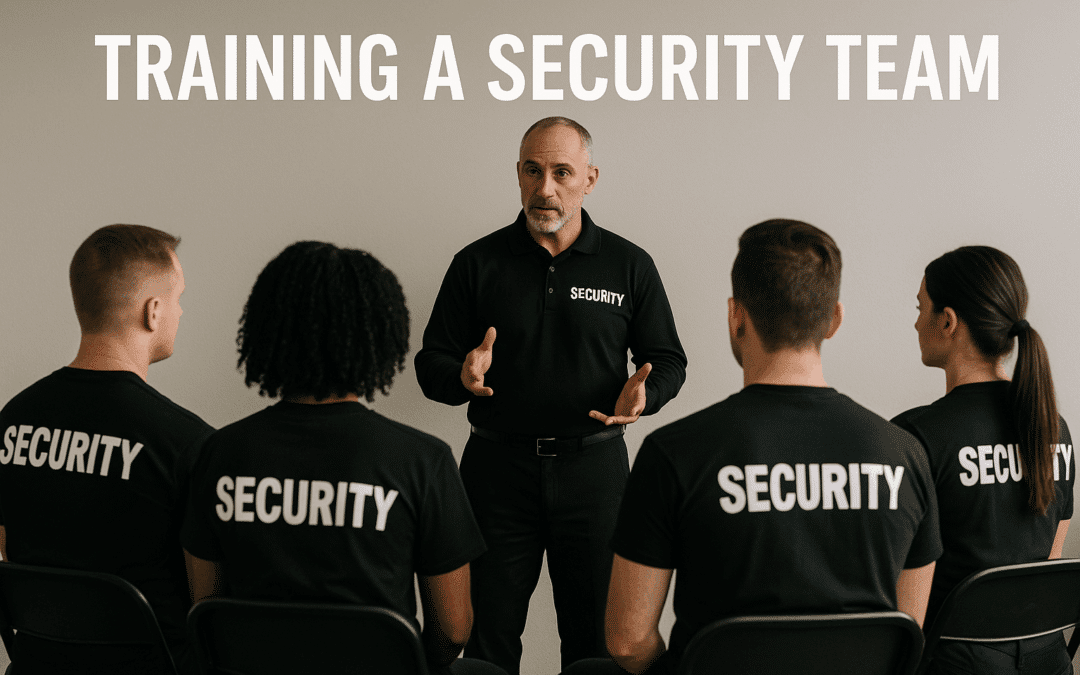As the legal cannabis security “status quo” continues to be defined by uncertainty and instability, business owners and their employees are exposed to significant risk on a daily basis. The start-stop process of legalization on the federal level has left cannabis businesses without access to traditional banking, reliable insurance options, or consistent law enforcement protection.
This environment has created an industry dependent on cash, stocked with high-value inventory, and struggling under the weight of strict compliance rules. These vulnerabilities make dispensaries and grow sites prime targets for both petty criminals and coordinated theft rings. If employees aren’t trained to recognize threats and respond effectively, even small incidents can spiral into serious crises.
Preparation Begins With Protocol
The first step toward readiness is the creation of clear, actionable response procedures. Every employee, from front desk to upper management, must know exactly what to do in the event of a robbery, perimeter breach, or medical emergency. Protocols should include a defined chain of command, location of panic buttons, lockdown procedures, and communication strategies both internal and external.
Once procedures are in place, scenario-based training becomes essential. Walkthrough drills simulate real-world threats, allowing employees to practice decision-making under pressure. These simulations also help reveal weak points in existing plans, allowing leadership to adjust strategies before an actual emergency unfolds.
Building Skills That Make a Difference
Training shouldn’t focus solely on worst-case scenarios. Every day workplace stress can escalate quickly without the right tools in place. De-escalation techniques, conflict resolution training, and body language recognition should be part of the program, equipping staff to handle tense moments with confidence and control.
Equally important is the technical side of training. Employees must know how to operate surveillance systems, navigate access controls, and interface with law enforcement if needed. These tools are only as effective as the people using them, which is why proper instruction is a non-negotiable aspect of a good security plan.

Continued Education and Mental Wellness
Training is never a one-and-done solution. Policies evolve, technology changes, and threats adapt over time. That’s why ongoing education through refresher sessions, updated drills, and regular check-ins is essential to keeping teams sharp.
It’s also crucial to acknowledge the toll that security work can take on mental health. After a high-stress incident, post-event debriefs and access to counseling should be offered to all involved. Supporting the emotional well-being of staff helps build a stronger, more resilient team.
Best Practices For Sourcing Your Security Training
Setting up an internal security training program from scratch can be overwhelming for cannabis operators already burdened by regulatory demands. That’s where Cannabis Compliant Security Solutions (CCSS) offers a distinct advantage. With deep experience in the cannabis space, CCSS understands the real risks employees face and provides hands-on training that works in the field, not just on paper.
From planning protocols to running drills, CCSS helps cannabis businesses prepare their teams for the full range of possible threats. Their programs are built around both technical proficiency and human-centered readiness, ensuring employees are protected in every sense of the word.
If you’re a cannabis operator in need of smarter, more robust security training, get in touch with CCSS today. When a crisis hits, your best defense isn’t just your equipment, but a team ready for anything. Call today!


Recent Comments